QuestionI got this sick bunny with parasites that caused bloating and wierd stool. they gave me trimethoprim/sulfa
were going on day 5 now and the belly is softened her behavior is much improved but still bloated a little, is there something better i can use for this if it doesn't work? what are the doses for the size for the bunny it's baby netherland dwarf. they say 2ml of tri/sulfa stuff and 5 days of this other orange gi stuff meds
i can't remember the specific name of the parasite but i also want to know if it's ok they eat pellets i've been letting them eat them all they want since they started the meds. i was feeding them gerber baby food but it seems to cause diareah so i'd like to stop that now. also i know coccida isn't contagious to humans right? i can't be sure the vets is closed right now otherwise i'd call
AnswerDear Amber,
Without knowing what the parasite is, it's hard for me to tell you what to do. But if the vet prescribed trimethoprim sulfa, then the diagnosis was likely coccidiosis. This means infection of the intestine with a protozoan parasite named Eimeria spp. (there are at least eleven species that infect domestic rabbits, but they are generally specific to rabbits, and not contagious to a human unless that human has a serious immune deficiency, such as AIDS).
Until recently, the sulfa antibiotics were the treatment of choice for coccidia. Unfortunately, neither Albon nor trimethoprim sulfa are terribly effective, and they can take a very long time to kill the parasites.
Happily, a new drug is on the market. If you are in the UK, you can ask about toltrazuril, which will kill the coccidia in 2-5 treatments (we opt for longer treatment, to be sure the parasites are really all dead). In the U.S., you can get ponzuril, a drug developed to treat a microsporidian (like coccidia) parasite in horses, but which is very, very effective against coccidia. The problem is that you need to buy a horse tube--which is expensive--and dilute down to a rabbit dose. We administer it for 5 days (minimum) at 20mg/kg once per day.
Please find an experienced rabbit vet here:
www.rabbit.org/vets
and ask if that vet would be willing to invest in a tube of Ponazuril for your bunnies and for future patients with coccidia. If the vet needs dilution instructions, dosage information, stability information, etc. I will be happy to provide that. But you will need a prescription for the ponazuril.
You also must thoroughly disinfect *every* surface with which the babies come in contact, so no oocysts are left to reinfect them. This means taking the babies away from the area, and then using a 10% bleach solution to clean everything. Let it dry, then rinse well with very dilute vinegar solution, then plain water, and then dry well before restoring clean bedding (washed in HOT water and dried very well in a hot dryer). Carpet must be steam-cleaned to remove all oocysts.
If the babies are outdoors on the grass, the only way to get rid of the oocysts is to remove the topsoil or BURN it. That's how resilient these little buggers are. :(
If you need a vendor for [ponazuril), you can get a single tube here:
http://www.agri-med.com/site/255063/product/MRQS-01
The tube is expensive, but it will treat dozens and dozens of rabbits, cats and dogs. So it really could be worth the investment for the vet, or for you.
You can let the babies eat pellets, but here's an article on healthy diet, which also should include timothy hay for good intestinal health:
www.bio.miami.edu/hare/diet.html
I hope this helps.
Dana

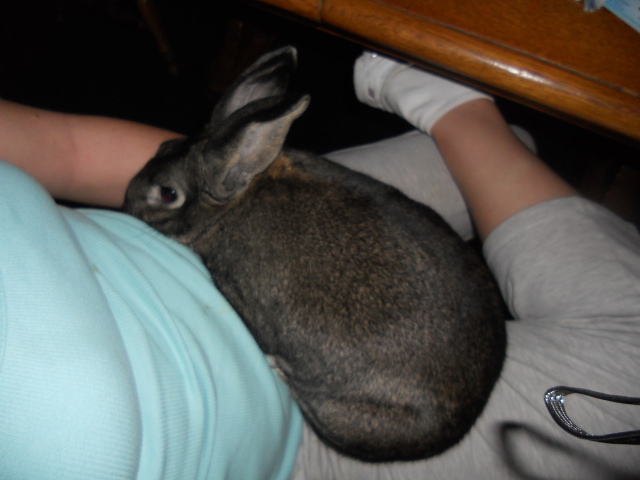 Breed of rabbit?
Question
Buddy
I have a rabbit that is a lot larger tha
Breed of rabbit?
Question
Buddy
I have a rabbit that is a lot larger tha
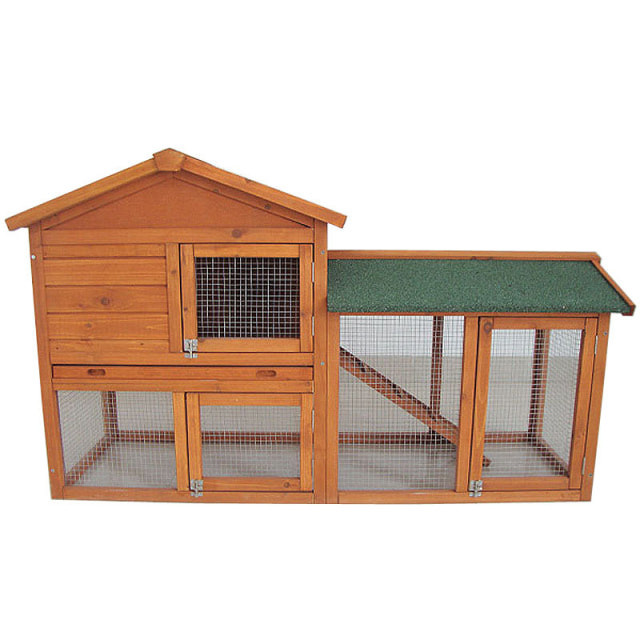 Rabbits and foxes
QuestionQUESTION: Hello, Im interested in getting rabbi
Rabbits and foxes
QuestionQUESTION: Hello, Im interested in getting rabbi
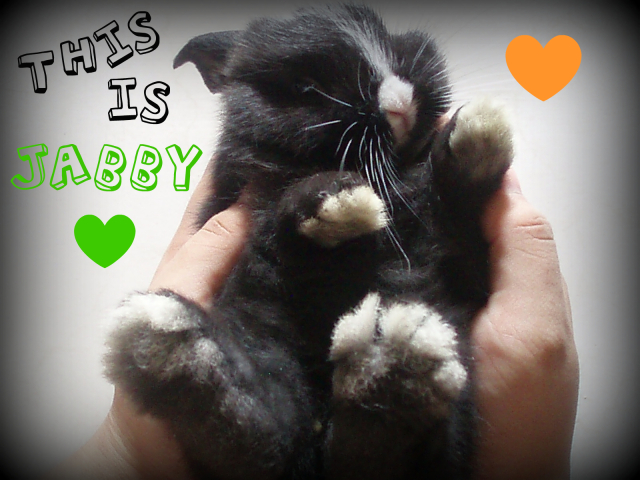 Rabbit diet for baby and adult rabbits.
QuestionJabby
QUESTION: Hello,
What is the age
Rabbit diet for baby and adult rabbits.
QuestionJabby
QUESTION: Hello,
What is the age
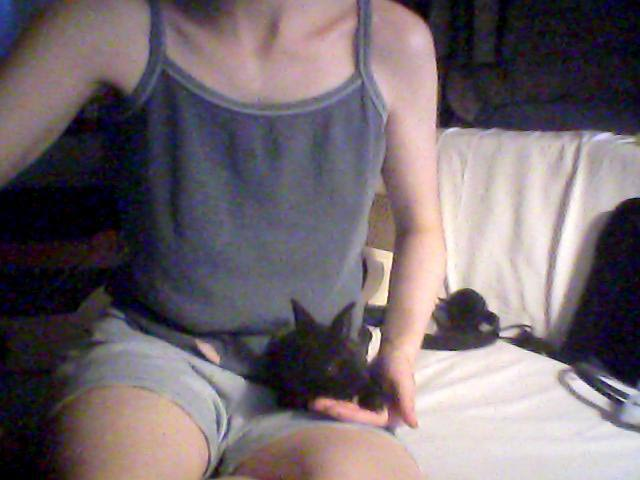 A surprise rescue. . .?
QuestionQUESTION: Hi there,
I hope hope ( yes I meant
A surprise rescue. . .?
QuestionQUESTION: Hi there,
I hope hope ( yes I meant
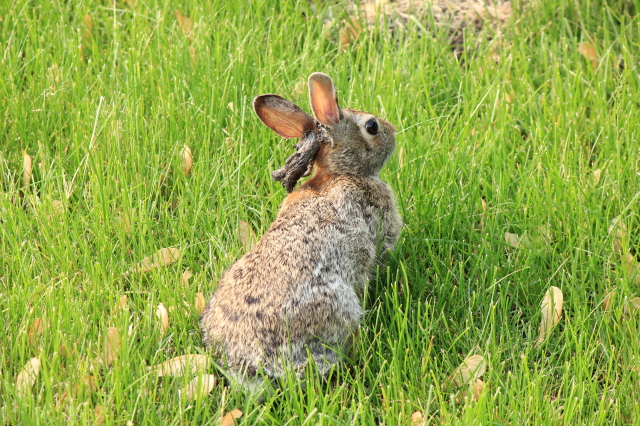 rabbit deformity question w/picture
Question
odd growth
We have a couple of rabbits making
rabbit deformity question w/picture
Question
odd growth
We have a couple of rabbits making